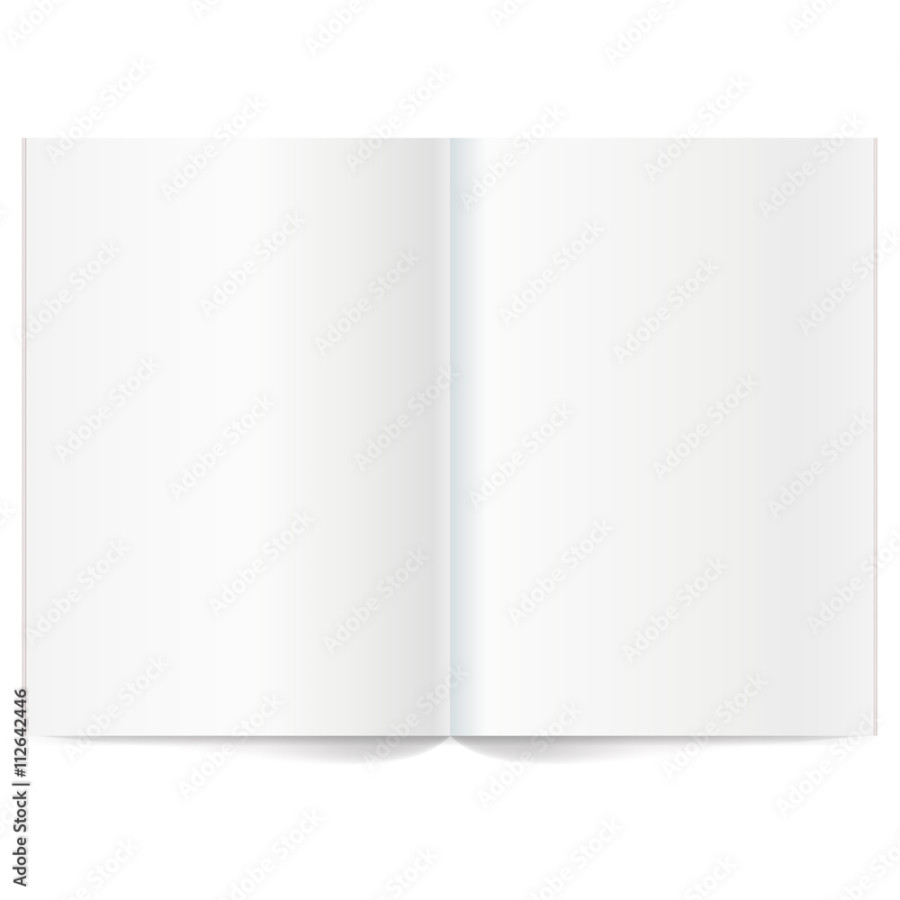Blank Magazine Spread Template is a foundational tool for designers and publishers seeking to create visually appealing and informative magazine layouts. This template provides a structured framework that ensures consistency, maintains brand identity, and facilitates efficient workflow. By understanding the key elements and design principles that contribute to a professional and trustworthy magazine spread, you can effectively communicate your message to your target audience.
Typography is a crucial aspect of magazine spread design. Select fonts that are legible, appropriate for the publication’s tone, and visually appealing. Consider the hierarchy of information, using larger fonts for headlines, smaller fonts for body text, and varying font weights to emphasize key points. Ensure that the chosen fonts complement each other and create a cohesive visual experience.

Color Palette plays a significant role in establishing the magazine’s aesthetic and mood. Choose colors that align with your brand identity and evoke the desired emotions. Consider the color psychology and how different colors can impact reader perception. Strive for a balanced color scheme that enhances readability and visual interest.
Grid System provides a structured framework for organizing elements on the page. A well-designed grid system ensures consistency, improves layout efficiency, and creates a visually pleasing composition. Consider the publication’s content and design goals when determining the appropriate grid structure. Experiment with different grid variations to find the one that best suits your needs.
White Space is often overlooked but plays a crucial role in creating a professional and inviting magazine spread. Adequate white space allows elements to breathe, improves readability, and enhances the overall visual appeal. Avoid overcrowding the page with too much information and ensure that white space is used strategically to guide the reader’s eye and create a sense of balance.
Imagery is a powerful tool for storytelling and visual communication. Select high-quality images that are relevant to the content and visually appealing. Consider the image’s composition, lighting, and color palette to ensure that it complements the overall design. Use images strategically to break up large blocks of text, add visual interest, and support the narrative.
Hierarchy is essential for guiding the reader’s attention and conveying the importance of different elements. Use size, color, font weight, and placement to create a clear hierarchy of information. Ensure that the most important elements are prominently displayed, while less critical elements are subtly integrated.
Consistency is key to maintaining a professional and cohesive magazine spread. Establish a consistent style guide that outlines typography, color palette, grid system, and other design elements. Adhere to this style guide throughout the publication to create a unified and recognizable look.
Alignment is another important design principle. Align elements on the page to create a sense of order and balance. Consider using left, right, center, or justified alignment, depending on the desired effect. Consistent alignment can enhance readability and improve the overall visual appeal of the magazine spread.
Proximity refers to the arrangement of elements in relation to each other. Group related elements together to create visual connections and improve readability. Avoid placing unrelated elements too close together, as this can create confusion and clutter.
Contrast is used to draw attention to specific elements and create visual interest. Use contrasting colors, fonts, sizes, or textures to highlight key information and make the design more dynamic. However, ensure that the contrast is not excessive, as it can make the design difficult to read.
Balance is achieved when the visual weight of elements on the page is evenly distributed. Consider the size, color, and placement of elements to create a balanced composition. Avoid placing heavy elements on one side of the page, as this can create an unbalanced and visually unappealing layout.
By carefully considering these design elements and principles, you can create professional and engaging Blank Magazine Spread Templates that effectively communicate your message and leave a lasting impression on your audience.